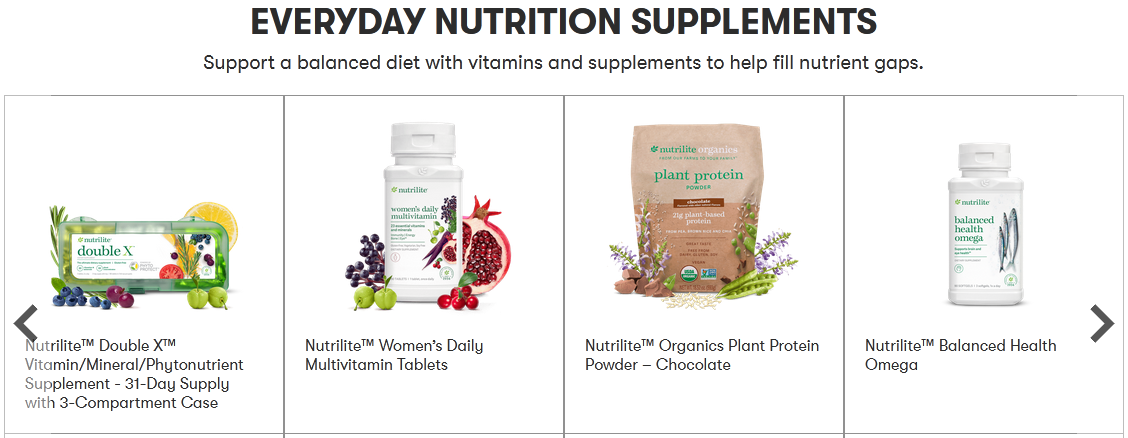Understanding Sugar Addiction and Its Consequences
Sugar has become an everyday temptation, contributing to a growing concern – sugar addiction. This article takes a closer look at why sugar is so addictive and explores the potential health impacts that can arise from succumbing to its sweet allure.

The Nature of Sugar Addiction:
Neurological Impact: Let's unravel the sweet science behind sugar's impact on our brains! When we indulge in sugary treats, our brains release dopamine, the pleasure neurotransmitter, creating a delightful experience.
However, with frequent sugar intake, our brains can become less sensitive to dopamine, demanding more sugar to achieve the same satisfaction.
This sets the stage for a cycle of dependence, reminiscent of patterns seen with other addictive substances. It's like a gradual desensitization that prompts us to continually seek out higher doses of sweetness to maintain that initial feel-good vibe.
But fret not, as understanding this cycle empowers us to make mindful choices and break free for a more balanced and enjoyable relationship with our favorite treats!
Cravings and Withdrawal: Sugar addiction is marked by intense cravings and difficulty resisting sugary treats. Cutting back on sugar may result in withdrawal symptoms such as irritability, headaches, and fatigue, making it challenging to break free from the sugar cycle.
Consequences of Sugar Addiction:
Weight Gain and Obesity: Excessive sugar intake is a major contributor to weight gain and obesity. Sugary foods and beverages offer little nutritional value but contribute significantly to overall caloric intake. This imbalance can lead to an increase in body fat and a higher risk of obesity-related conditions, including type 2 diabetes.
Insulin Resistance and Diabetes: Continual sugar consumption can lead to insulin resistance, a condition where the body's cells become less responsive to insulin. This is a precursor to type 2 diabetes, as the pancreas struggles to regulate blood sugar levels effectively.
When we eat, our bodies use insulin to handle the sugar from food. Eating too much sugar over time can make the insulin not work so well, causing sugar levels to go up. This makes the pancreas, the organ that makes insulin, work extra hard.
Eventually, the pancreas may have trouble keeping up, and this can lead to a condition called insulin resistance. It's like the cells are saying "no thanks" to the insulin. If this keeps going, it can turn into type 2 diabetes, which can cause health problems. Eating too much sugar and not moving around enough can make this happen, so it's important to try to eat less sugar and stay active to keep our bodies healthy.
Cardiovascular Issues: Diets high in sugar are linked to an increased risk of cardiovascular diseases. Elevated sugar intake is associated with higher triglyceride levels, lower levels of HDL (good) cholesterol, and an overall negative impact on heart health.
Dental Problems: Sugar is a primary contributor to tooth decay and cavities. The bacteria in the mouth thrive on sugar, producing acid that erodes tooth enamel. Regular consumption of sugary snacks and beverages can lead to a host of dental problems, including gum disease.
Mental Health Implications: Beyond physical consequences, high sugar intake is associated with an increased risk of depression and anxiety. Fluctuations in blood sugar levels can contribute to mood swings and irritability, impacting overall mental well-being.

Breaking the Cycle:
Awareness and Education: Understanding the addictive nature of sugar is the initial step towards breaking free from its grasp. Education about the nutritional content of foods empowers individuals to make informed choices.
Gradual Reduction: Rather than quitting sugar abruptly, adopting a gradual reduction approach can be more sustainable. This allows the body and brain to adjust to lower sugar levels without triggering severe withdrawal symptoms.
Healthy Alternatives: Choosing healthier options in place of sugary snacks, like opting for nuts, seeds, and low-fat dairy products, provides a satisfying solution to sweet cravings while ensuring a good dose of essential nutrients.
Nuts and seeds offer a satisfying crunch and healthy fats, while low-fat dairy adds a creamy texture and essential calcium. Making these substitutions is about more than just curbing sugar intake; it's a strategic move towards a more balanced and sustainable diet.
By reducing empty calories and elevating the nutritional value of snacks, these choices not only promote better sugar management but also contribute to overall well-being, setting the stage for a healthier and more sustainable lifestyle over time.
Sugar addiction might seem like a tricky foe, but fear not – you can totally conquer it! Understanding the downsides of going overboard with sugar and making some cool choices is the key to escaping the sweet trap.
So, let's ditch the sugar overload, make wiser choices, and dance our way into a more balanced and totally awesome relationship with food! After all, who said healthy can't be fun? Cheers to breaking free and rocking that sweet, balanced lifestyle!
